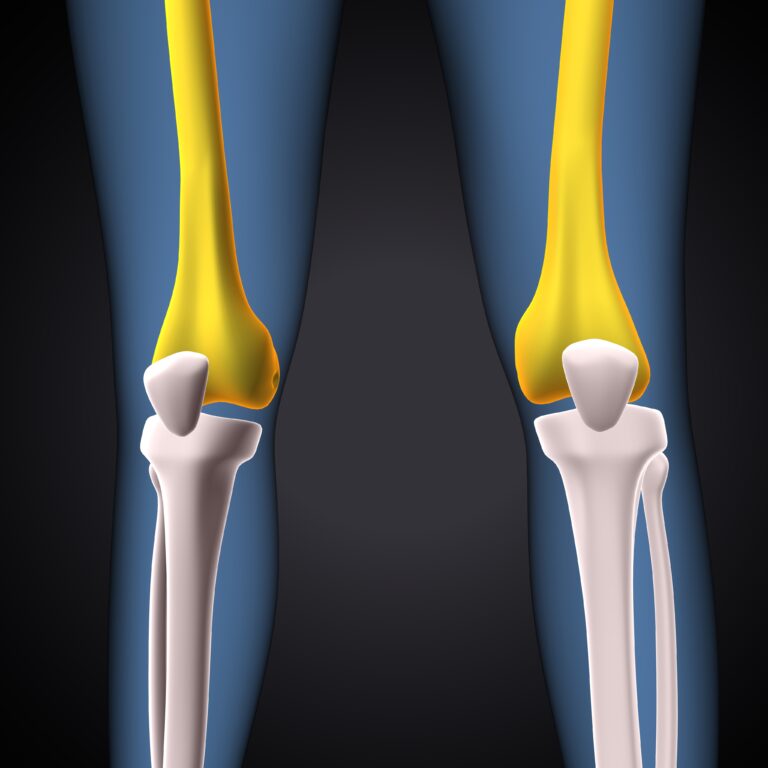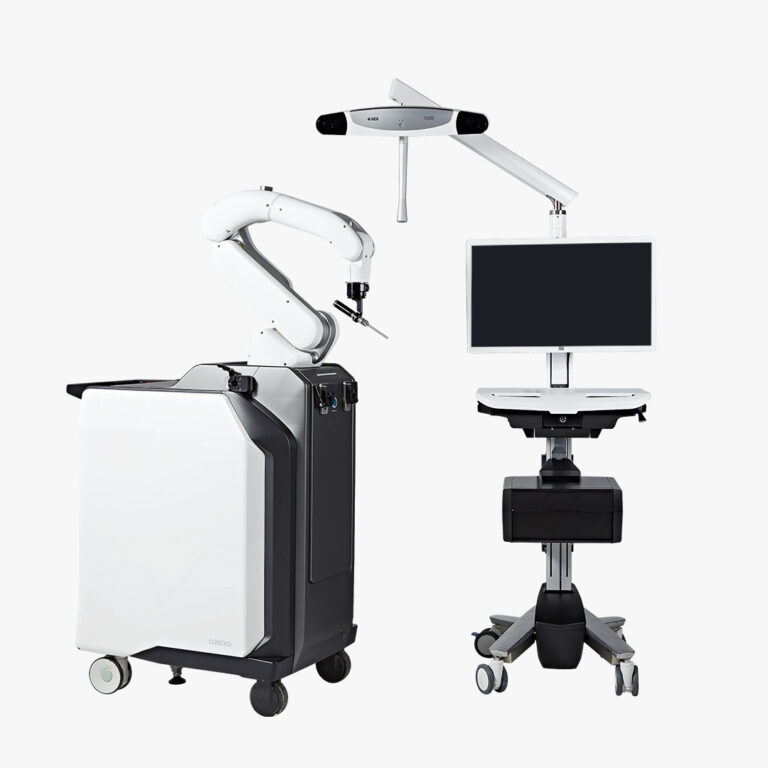- Power Up with Anti-Inflammatory Foods
Boost your diet with omega-3 rich foods like salmon, walnuts, and flaxseeds to fight inflammation and support joint health.
- Embrace Colorful Antioxidants
Fill your plate with vibrant fruits and veggies like berries, spinach, and bell peppers. These antioxidants help combat oxidative stress and speed up recovery.
- Lean on Lean Proteins
Opt for lean proteins such as chicken, turkey, beans, and legumes to aid muscle repair and strengthen joints after surgery.
- Go for Whole Grains
Choose whole grains like brown rice, quinoa, and whole wheat bread for essential nutrients and fiber that keep your weight in check, easing pressure on your knees.
- Hydrate, Hydrate, Hydrate
Keep your joints lubricated and your body healthy by drinking at least 8 glasses of water daily.
- Boost Bone Health with Vitamin D and Calcium
Load up on calcium and vitamin D from dairy products, fortified foods, and sunlight to maintain strong bones.
- Fuel with Healthy Fats
Incorporate healthy fats from avocados, olive oil, and nuts to reduce inflammation and nourish your joints.
- Cut Out the Junk
Steer clear of processed foods, sugary treats, and red meat, which can increase inflammation and harm your joints.
- Sip on Herbal Teas
Try herbal teas like ginger and turmeric for their natural anti-inflammatory benefits.
- Consider Joint-Boosting Supplements
Ask your doctor about supplements like glucosamine and chondroitin to enhance joint health and recovery.
Adopting these nutritional tips can boost your knee health, accelerate recovery, and promote long-term joint wellness.
Disclaimer: The information provided in this blog post is for general informational purposes only and should not be considered professional advice. Before making any health-related decisions, consult with a qualified healthcare professional. The content is not a substitute for medical advice, and individual results may vary. The author and website are not responsible for any consequences arising from the use of the information provided. Use your best judgment and seek professional advice when needed.
Allergic Disclaimer:
The information provided in this guide is for general educational purposes only and should not be considered medical or dietary advice. Always consult with a healthcare professional or nutritionist before making any changes to your diet, especially if you have known allergies to specific foods or ingredients. Ensure that the dietary recommendations are safe for you and do not trigger any allergic reactions. This guide is not intended to replace personalized medical or dietary care.



